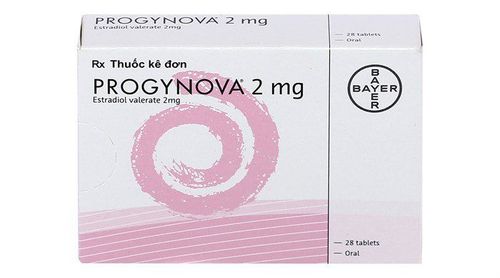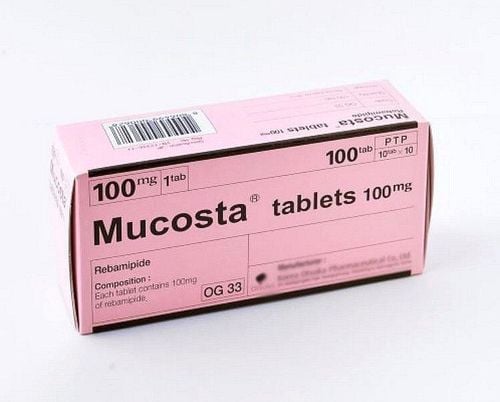During pregnancy, your body requires more water than usual to support the development of the fetus. Hormonal changes associated with pregnancy may also lead to dehydration, making dry mouth a common symptom. However, there are various potential causes of dry mouth during this time. Some of the more common causes include dehydration, gestational diabetes, and sleep disorders…
1. Dry Mouth as a Sign of Pregnancy
Dry mouth is a prevalent symptom during pregnancy. One reason for this is the increased need for water, as the fetus requires adequate hydration for proper development. Additionally, hormonal fluctuations during pregnancy may impact your oral health. Alongside dry mouth, women may also experience gingivitis and loose teeth during this period. Conditions such as gestational diabetes may further contribute to the occurrence of dry mouth.
2. Causes of Dry Mouth During Pregnancy
There are several potential reasons for dry mouth during pregnancy, with dehydration being a primary factor.
2.1. Dehydration

Dehydration occurs when the body loses water more quickly than it can replenish it. This condition may be particularly dangerous for pregnant women, as adequate hydration is crucial for the baby’s growth. Because of this increased need for water, dry mouth is a typical symptom during pregnancy.
In severe cases, dehydration may lead to serious complications such as congenital defects or premature birth.
Other signs of dehydration include:
- Feeling overheated
- Dark yellow urine
- Extreme thirst
- Fatigue
- Dizziness
- Headaches
2.2. Gestational diabetes
Gestational diabetes is a condition that arises during pregnancy, causing elevated blood sugar levels. This condition typically resolves after delivery.
During pregnancy, the body demands more insulin, and gestational diabetes occurs when your body cannot produce sufficient additional insulin.
Gestational diabetes may lead to problems in the mothers and babies, but it can also be controlled with proper care. The mainstay of treatment is a healthy diet and exercise. Besides, you may need medication or insulin.
While many women with gestational diabetes may not experience symptoms or may only have mild symptoms, it is usually identified through routine testing for all pregnant women. You may have symptoms beyond dry mouth, such as:
- Increased thirst
- Fatigue
- Frequent urination

2.3. Thrush
Thrush is an overgrowth of a fungus called Candida albicans. While everyone has a small amount of this fungus in their body, it may proliferate if your immune system is not functioning optimally.
Thrush may have symptoms beyond dry and cottony feeling in your mouth, such as
- White, cottage cheese-like lesions on your tongue and cheeks that may bleed if touched
- Redness in the mouth
- Mouth pain
- Loss of taste
2.4. Sleep problems
Pregnancy may cause various sleep issues, including difficulty falling asleep or frequent awakenings during the night. It may also lead to breathing problems such as snoring and sleep apnea.
Snoring is particularly common in the second and third trimesters. Sleep disorders are more likely to occur in individuals who are overweight, smoke, do not get enough sleep, or have conditions like enlarged tonsils.
Changing hormones during pregnancy can narrow your throat and nasal passages, contributing to these breathing issues.
Snoring and sleep apnea may cause you to breathe through your mouth during the night, which may lead to a dry mouth due to decreased saliva production.
Sleep apnea can be serious. If you snore while sleeping and feel excessively tired during the day, it is advisable to see a physian.
3. Symptoms of Dry Mouth During Pregnancy
Along with the feeling of dryness, symptoms of dry mouth during pregnancy may include:
- A constant sore throat
- Difficulty swallowing
- Dryness in your nose
- A burning sensation in your throat or mouth
- Difficulty speaking
- Hoarseness
- Changes in taste
- Tooth decay
4. Treating Dry Mouth During Pregnancy
In many cases, home remedies may effectively treat dry mouth. Safe home remedies during pregnancy include:
- Chewing sugar-free gum to stimulate saliva production.
- Eating sugar-free hard candy, which also encourages saliva flow.
- Drinking plenty of water to stay hydrated and alleviate symptoms.
- Sucking on ice chips to moisten the mouth and reduce nausea.
- Using a humidifier at night, especially if you wake up with a dry mouth.
- Practicing good oral hygiene by brushing and flossing regularly to prevent cavities.
- Using a mouthwash specifically designed for dry mouth, available at your local pharmacy.
- Limiting caffeine intake by skipping coffee as much as possible.

In some cases, you may need to consult a doctor for further assistance. Clinical treatments may include:
- Consult a doctor to adjust medications that might be worsening your dry mouth.
- Using a fluoride tray at night to protect your teeth.
- Addressing snoring or sleep apnea if they are contributing to your dry mouth.
- Treating thrush with antifungal medication if that is the underlying cause.
- Developing a management plan for gestational diabetes, including diet, exercise, and medication or insulin when necessary.
5. When to see a doctor
If home remedies do not alleviate your dry mouth, it is important to see your doctor. They can investigate the underlying cause and prescribe appropriate treatment if needed.
You should also consult a doctor if you experience other symptoms such as:
- Thrush: White, cottage cheese-like lesions and redness or soreness in the mouth.
- Gestational diabetes: Excessive thirst, fatigue, and frequent urination.
- Tooth decay: Persistent toothache, sensitivity, and brown or black spots on teeth.
- Severe dehydration: Symptoms like disorientation, black or bloody stools, or inability to retain fluids.
- Sleep apnea: Daytime fatigue, snoring, and frequent nighttime awakenings.
Hormonal changes and increased fluid needs can contribute to dry mouth during pregnancy. Luckily, there are several ways to relieve this symptom, from increasing your water intake to chewing sugar-free gum. If home remedies do not help or you experience symptoms of conditions like gestational diabetes, consult a doctor for further evaluation and treatment.
To arrange an appointment, please call HOTLINE or make your reservation directly HERE. You may also download the MyVinmec app to schedule appointments faster and manage your reservations more conveniently.
Reference source: healthline.com













